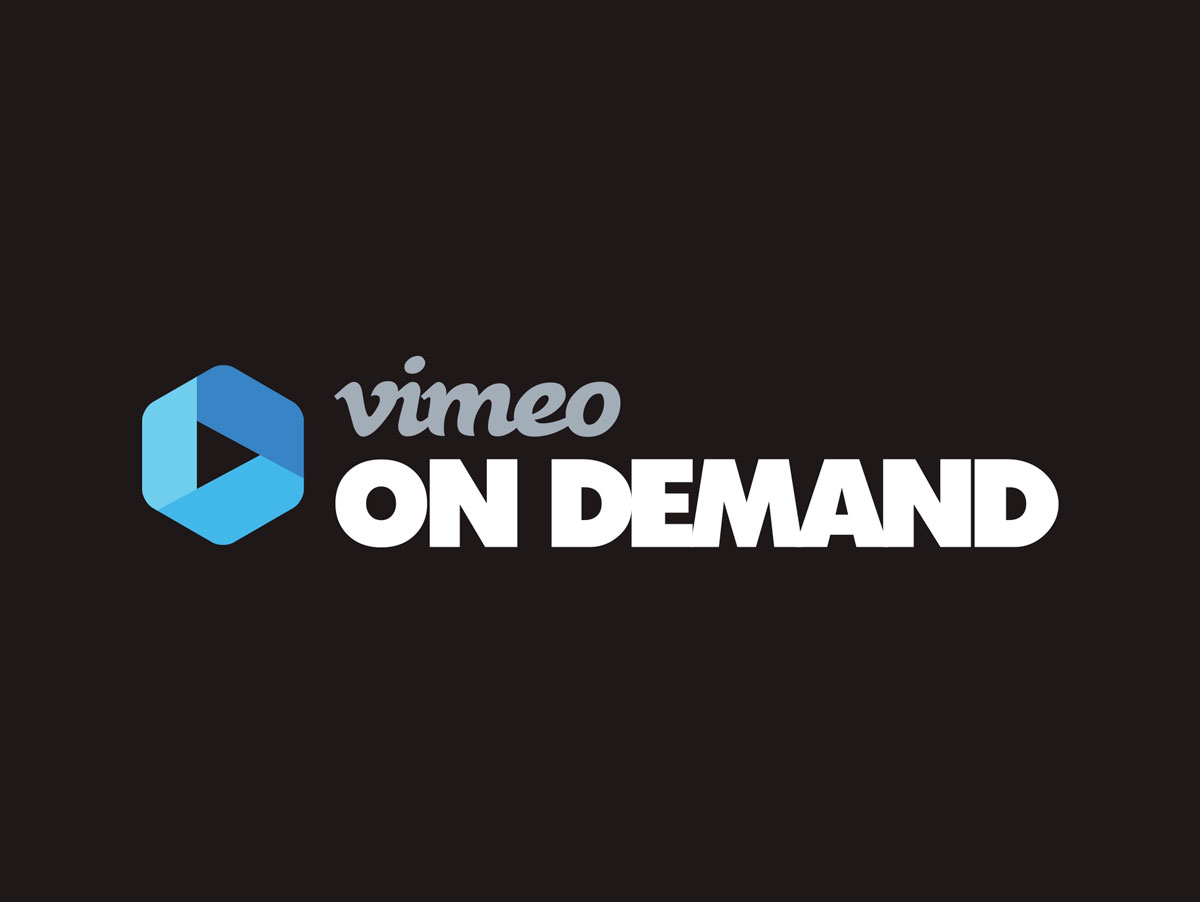Vimeo Pivoting From Video Hosting to Selling Software Tools, Referencing ‘Saturated’ Video Viewing Market
Video platform Vimeo will pivot its business away from being a place for users to browse for and watch videos, to focus on selling software tools to content creators. Vimeo CEO Anjali Sud confirmed the move to Axios today, explaining that the company saw "so much organic growth" from software tools it already sells that the pivot "became a no-brainer."
Currently, Vimeo calls itself "the high quality home for video hosting and watching," with many videos like short films, documentaries, and more residing on the service. Vimeo found a niche for smaller content creators to host their videos on its site, since they could sell their content to interested viewers and take 90 percent of the revenue each video earned after fees.
Now, as more tech companies enter the already "saturated" video viewing market, and are willing to invest billions in original content, Vimeo decided to simply refrain from competing.
The pivot allows Vimeo to go after a less competitive social “SaaS” (software as a service) market that focuses on stock images and video, as opposed to the saturated video viewing market, which is dominated by massive tech companies investing billions in original content to win eyeballs.
“Today 100% of our business model is software as a service, like a Dropbox or a Slack … We just saw so much organic growth from the software tools side among the creators that it became a no-brainer that this is what we should focus on.”
Although Apple is not directly mentioned, the company has set aside a "$1 billion war chest" in planning its upcoming streaming television service. Ahead of the 2019 launch, Apple has hired executives from Sony Pictures and Amazon Studios, prepared a lineup of over a dozen original shows, and is said to be "completely all in" on original content, according to iTunes chief Eddy Cue.
Vimeo does have a small collection of original series, but its Vimeo Originals platform never took off in comparison to rival video services. Ahead of the pivot, over the past year Vimeo has been "trying to pull back" from being a video viewing platform by "no longer investing in original content." Instead, Vimeo will now present itself as an "agnostic and independent home" full of tools and services that let creators edit their work, to then be shared on other platforms like YouTube or Facebook Watch.
“Most large video-viewing destinations, like YouTube and Facebook, are ad supported, and are focused on keeping content and eyeballs on their platform. But if you’re a creator, you need an agnostic and independent home to create and distribute your work and there really are no other creator platforms that do that at scale.”
These tools will be called "Vimeo Stock," allowing creators to optimize and upload content across numerous social media platforms. Creators will be able to gain access to additional features, including advanced analytics and privacy settings, at an additional cost. For all of this, Vimeo says it will offer creators a "higher revenue share" than its competitors, as much as 60-70 percent of revenue generated from their content.
As part of its quiet year-long move away from focusing on video watching, Vimeo in April launched a dedicated macOS app aimed at Final Cut Pro users. The app gives these users "more control over file formats and video codecs," and integrates Vimeo with Final Cut Pro to export ProRes videos, manage uploads, share videos for team reviews, and more features that are exclusively focused on content creation and editing.
For Apple devices, Vimeo is available on iPhone, iPad, and Apple TV, but the company did not give any word regarding how these apps will change following the pivot.



